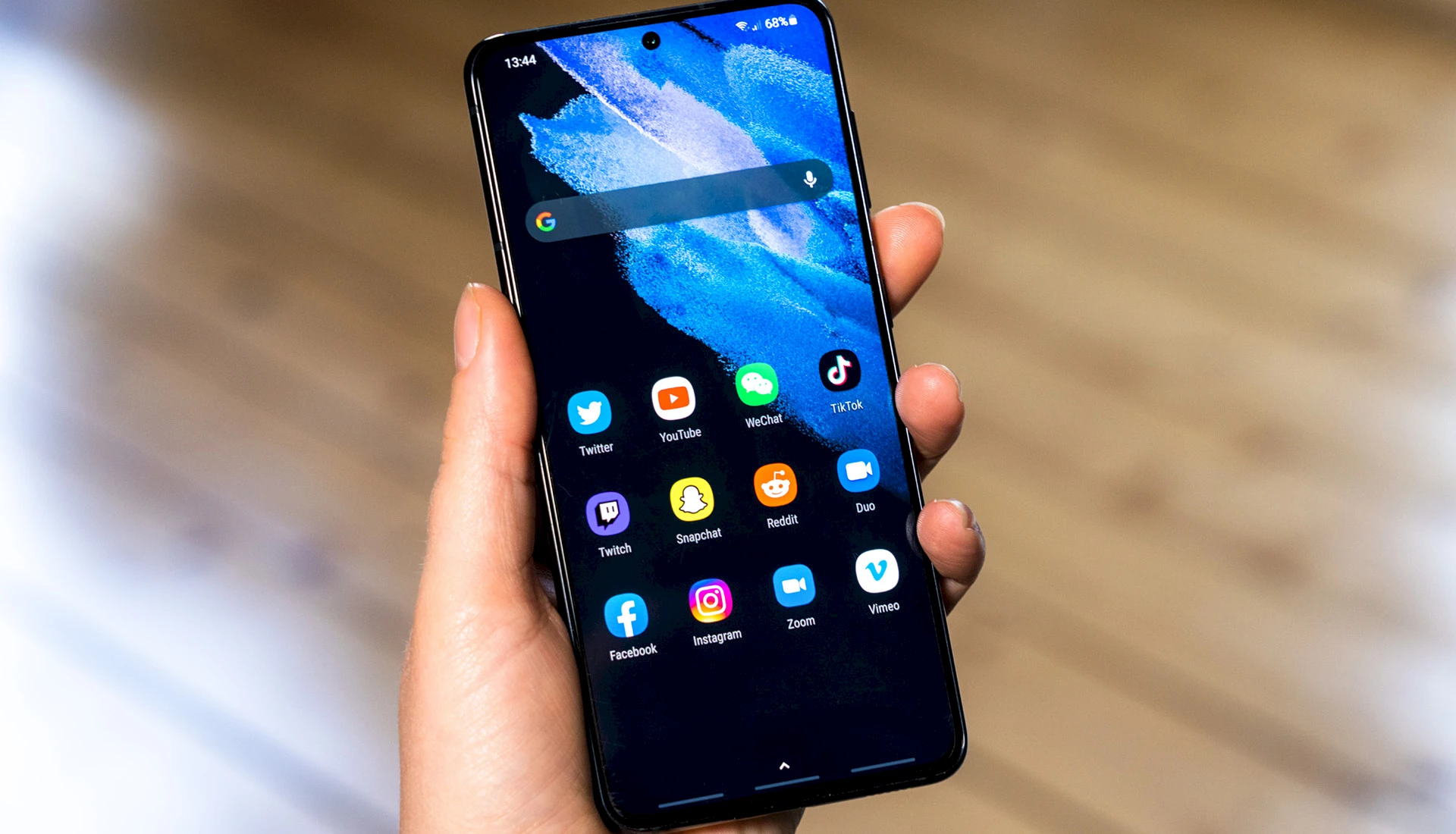Play Store spring cleaning

© iStock.
In a blog post, Google announced that it plans to limit access to technologically obsolete apps in the Play Store. Starting November 1, all current applications in the Play Store must have a target API level of less than two years since the last major OS release. Google says it will impose restrictions that make it harder for users to discover and install apps that don’t pass the test. With this new rule, the Play Store will hide those applications that don’t at least target Android 11 (API level 30). These changes should ensure that software available in the Play Store use Android’s latest privacy and security features. Device owners “expect to realize the full potential of all the privacy and security protections Android has to offer” writes Krish Vitaldevara, product management director at Google.
Android’s “target API level” system is a sort of backward-compatibility setting for Android apps. Every new version of Android corresponds to an API level, which increases by 1 with every release. Currently, Android 12L is API level 32, and Android 13 will be API level 33. The target API level has nothing to do with Android’s minimum required version for an app to function. It simply lets apps state their compatibility level with a given Android version’s functionality and restrictions. When an app claims to be compatible with Android 12, the restrictions specific to that version are applied to it when it runs on Android 12, though that won’t prevent it from running on previous versions as well.
⇨ Ars Technica, Ron Amadeo, “Google will soon hide neglected apps in the Play Store.”
2022-04-07
